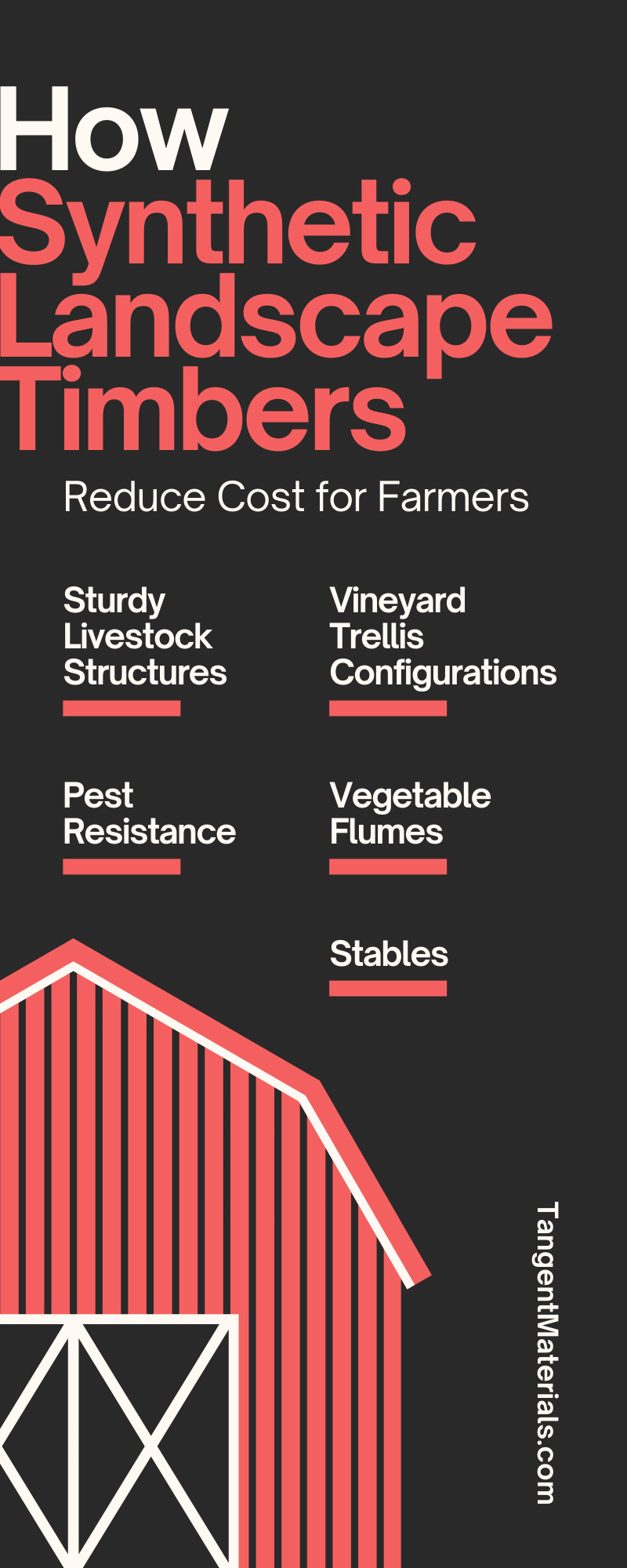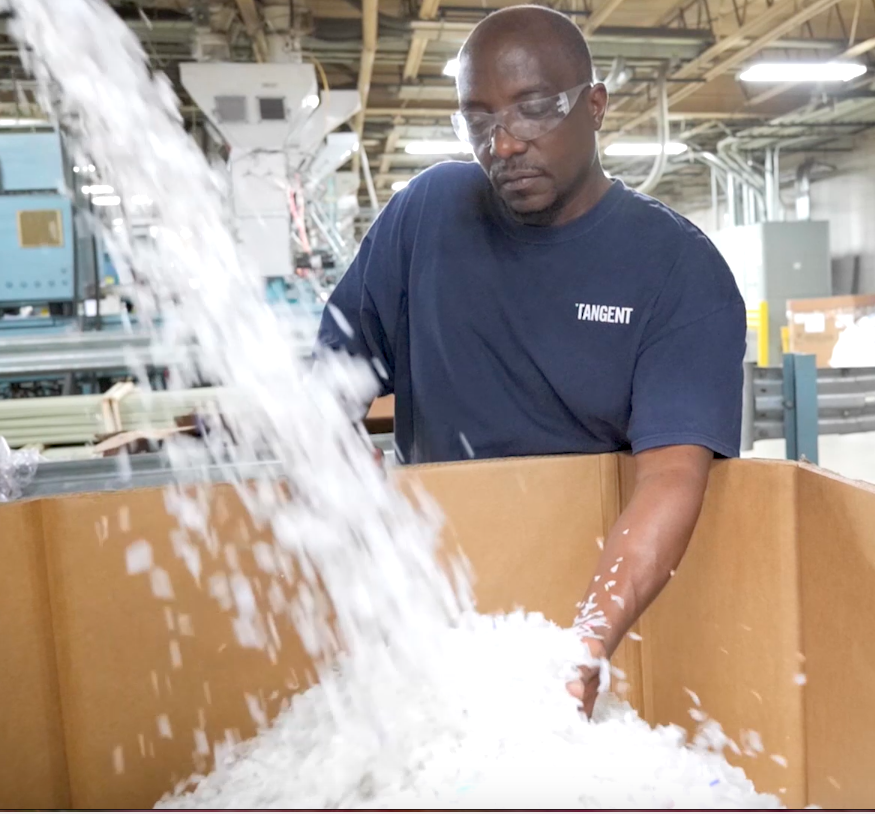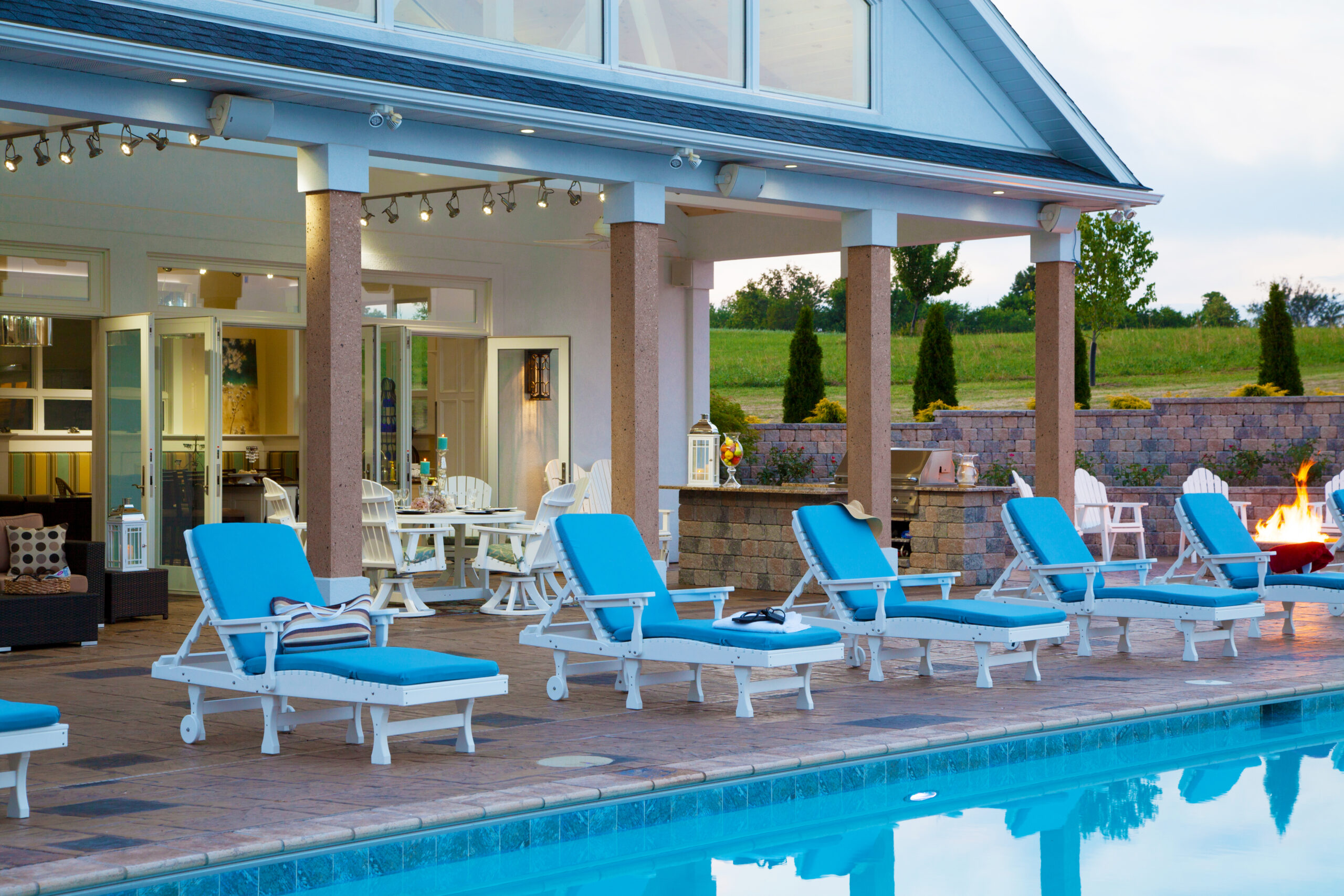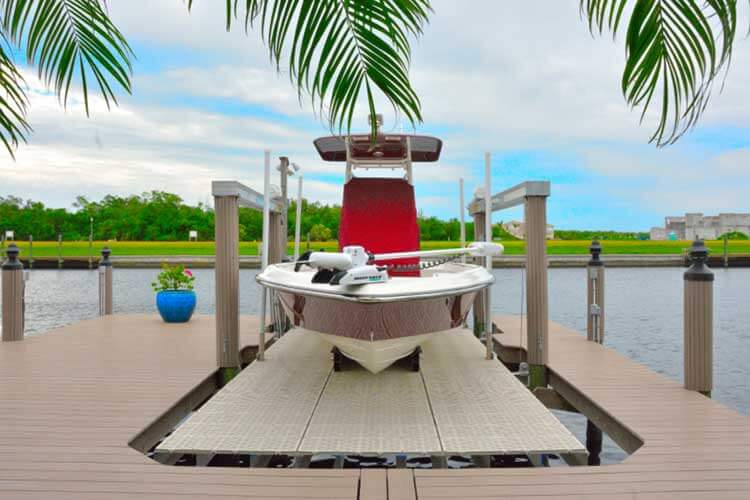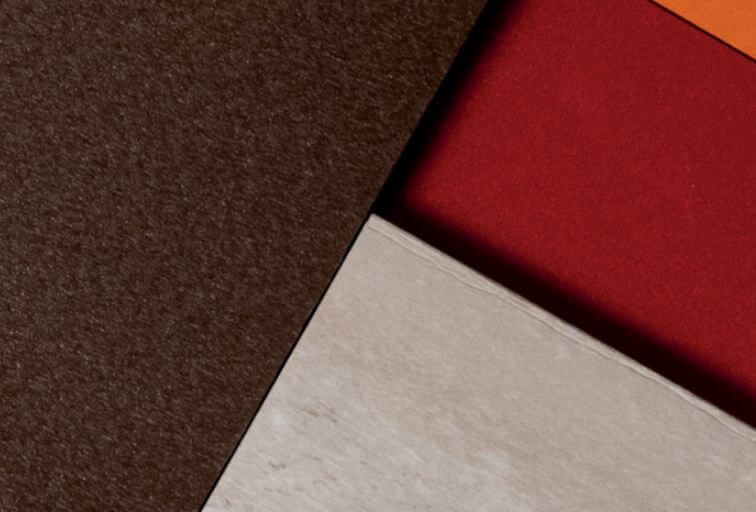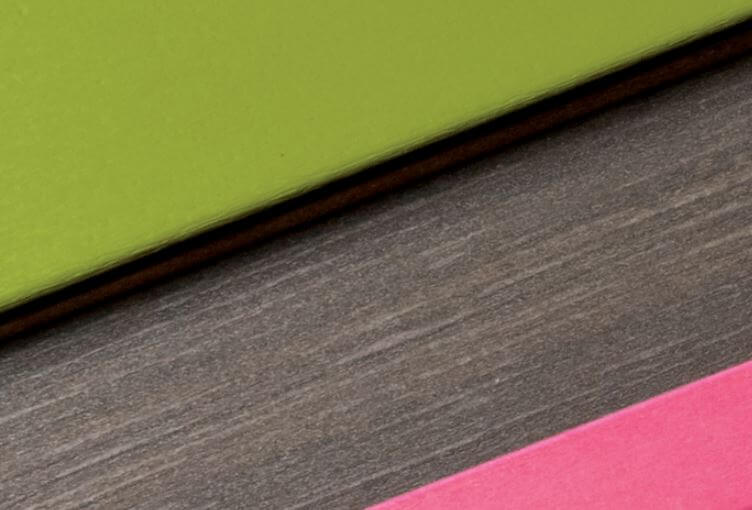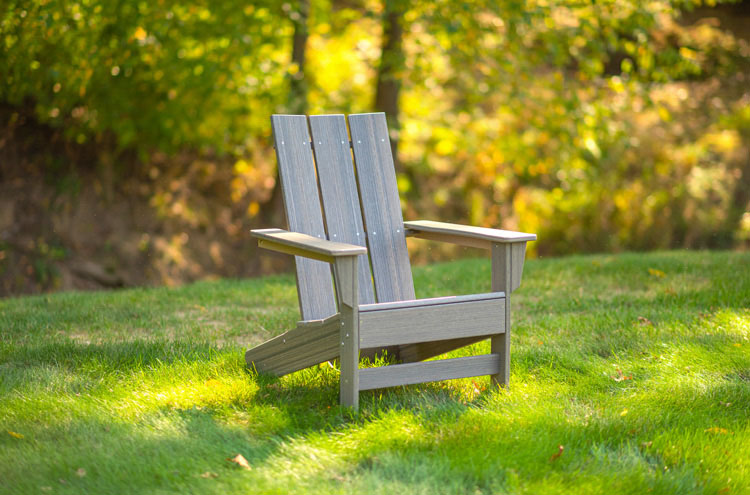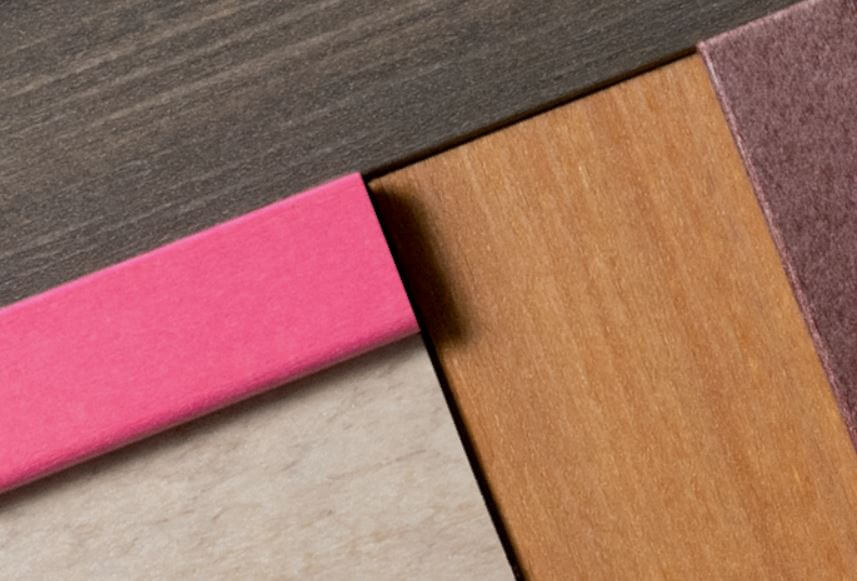How Synthetic Landscape Timbers Reduce Cost for Farmers
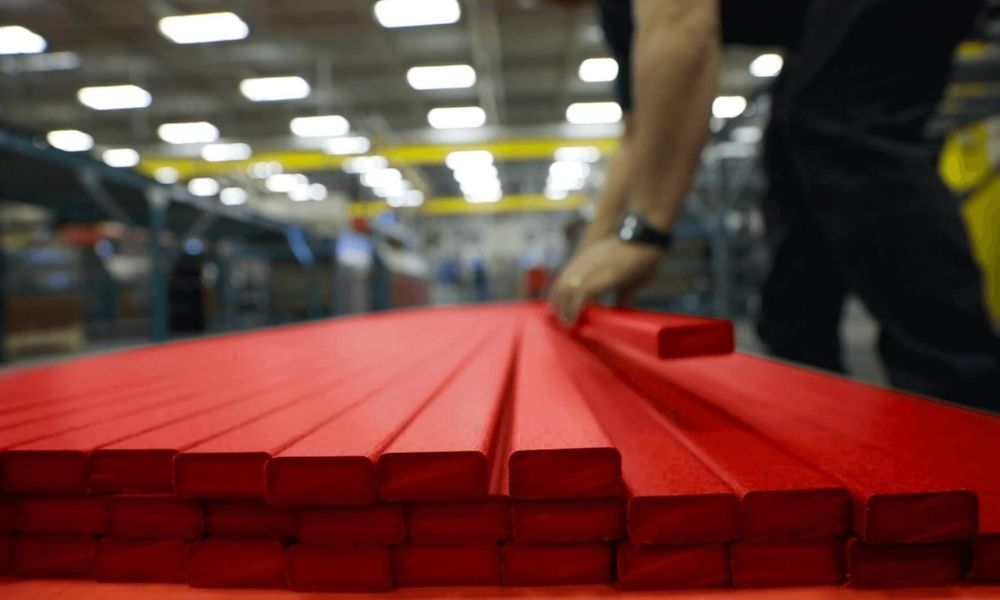
Farmers can increase efficiency on their farms in many ways. Whether it’s organizing the workspace, using better technology with farming management software, or offering greater educational opportunities for farmhands, farmers have lots of options to improve their yields. There are also ways to reduce costs around the farm. Mainly, switching to composite lumber over traditional wood saves a lot of money in long-term expenses. Here are some ways how synthetic landscape timbers reduce costs for farmers that you must know about.
Sturdy Livestock Structures
One of the main advantages of HDPE lumber for agriculture is its practicality for livestock structures. Traditionally, livestock enclosures were made of wood, stone, brick, and steel after the Industrial Revolution. Today, there’s a greener solution for your pens. HDPE recycles wood provides the same stability and durability for livestock pens as traditional materials. Plastic lumber is perfect for small enclosures or large grazing areas. It protects, secures, and maintains your livestock in one convenient location. Recycled wood rarely splinters or cracks so there are never any maintenance issues. Feedlots, water troughs, and tools can be secured in their respective locations without ruining the finish of the wood. When they use traditional materials, farmers must maintain and upkeep their pens on a routine basis. This can get costly given the required tools, equipment, and materials. Because composite wood acts the same as traditional wood without the extra maintenance, it’s an efficient cost-saving alternative for farmers today.
Stables
Similarly, synthetic timber is a great cost-effective material for stables. Horses are large animals with tremendous strength. Although different materials have successfully housed horses without issue, proper stables must shelter horses from outside elements. Therefore, the right material must remain strong, resilient, and controlled to withstand a horses’ behavior and activity. Bricks, stone, wood, and steel were traditionally used for this purpose. However, today, composite timber has proven an efficient alternative. It’s moisture-resistant, resilient to external forces, and strong enough to shelter horses. More so, plastic lumber is a great material for interior stalls. It’s strong enough to support saddlebags, horse feed, medicine, and other necessities. Even with a horse’s swiftness and occasional aggressive behaviors, farmers no longer need to worry or spend money on stable repairs. Since it doesn’t splinter or break, farmers also don’t need to stress over the stables affecting the health or safety of their animals. Instead, they can focus on their tasks at hand rather than spend more on stable maintenance or upkeep.
Pest Resistance
Plastic composites are impervious to termite infestation. Given how wood has been used throughout history, it’s common for pests, such as termites, to disrupt farms, which then require extensive repairs and renovations. As one of the newest construction materials, HDPE plastic wood remains impervious to these issues. That in itself saves farmers thousands of dollars from pest control, repairs, and replacements. The high pest resistance in plastic wood is comparable to treated wood. Rather than continually purchasing treatments or pesticides, farmers can simply use plastic wood as an alternative. They’ll find the same strength, durability, and support in composites as they would in traditional materials without the sacrificing longevity of their buildings.
Vegetable Flumes
Vegetable flumes are an important aspect of farming. Flume systems provide storage from hot, humid environments after harvest. One way synthetic landscape timbers reduce costs for farmers is through this system. For example, potato flume boards store potatoes in a cool, dark environment. Regular wood breaks down over time due to rot, mold, or termites. Plastic wood avoids these issues. The composite breakdown of this material ensures high moisture resistance, so rot and mold are never an issue thereby saving more money in long-term use.
Composites also protect crops from splinters and chemicals. Farmers’ crop yields remain intact and ready for distribution or wholesale without these issues affecting the quality of their produce. HDPE landscape boards shield crops from extreme climates which makes them optimal for long-term storage.
Vineyard Trellis Configurations
Rather than continually replace stakes and posts in vineyard systems, HDPE plastic wood provides unfound durability and longevity. Farmers no longer need to stress over high winds or extreme temperatures for their grapevines. Since plastic doesn’t attract insects, there’s no need for insecticides or netting. Farmers should replace their traditional wood with composite to lesser the cost of vineyard maintenance. Composite wood is designed for long-term use, so it’s a viable solution to reduce trellis upkeep.
Help Secure Heavy Machinery
Composite wood also cuts down on maintenance for heavy machinery. Farming requires extensive labor, and although modern machinery has saved much time and energy on daily tasks, maintenance and repairs get costly. Tractors, soil cultivators, planters, irrigators, harvesters, and manure spreaders are some of the most common agricultural machines used today. Farmers can further save time and energy for their machinery with composite wood. As farmers house their machinery, it’s important to have the right protection available. Composite mats—though typically used for construction—offer optimal protection for machine storage against soil conditions, climate changes, and inclement weather. As a result, there are less mechanical issues leading to fewer repairs. Composite timber mats further protect machines from insect infestations. They’re lightweight, reliable in extreme conditions, uniform, and mobile. Farmers can use their composite mats anywhere they’re needed for machines of all shapes and sizes.
Specific Dimensions and Finishes
Synthetic landscape lumber reduces costs for farmers because it’s customizable. HDPE composite lumber is cut, shaped, and finished to your specific requirements. That means farmers no longer need to cut their own lumber to acquire the specific piece they need. Furthermore, it ensures greater affordability for various applications. Plastic wood is a versatile material. If farmers need different shapes, sizes, and finishes for different applications such as livestock pens or vegetable flumes, they can specify their orders and get the right piece for every need. No third-party cutting or shaping is necessary. The composites are suitable for long-term applications, and, if discarded, are entirely recyclable. In fact, if you choose the wrong piece for your project, send it to Tangent. We’ll send you a replacement with the correct dimensions.
At Tangent Materials, we specialize in recyclable composite wood perfect for agriculture, construction, marinas, and residential structures. Find your plastic horse fence with our animal and equine recycled HDPE plastic lumber. We guarantee it won’t rot, splinter, or crack. Our plastic lumber withstands extreme heat, cold, and moisture without losing its quality or durability. It’s the perfect solution for any agricultural application.
